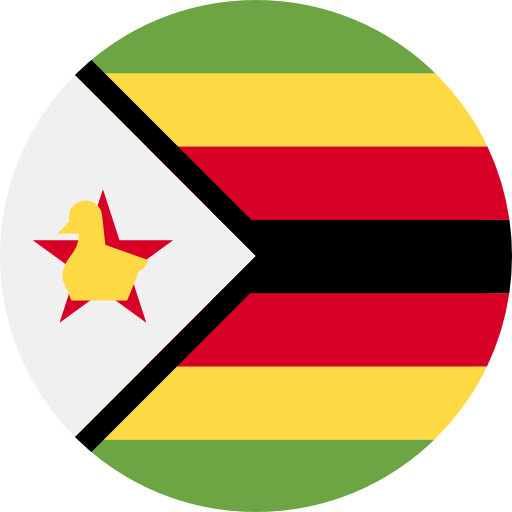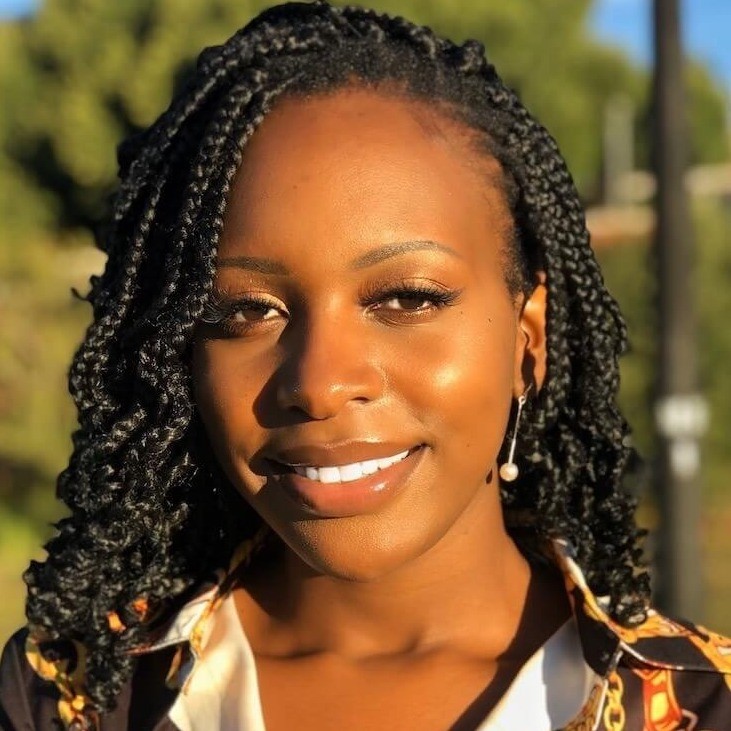What is your educational background?
I hold a BSc (Hons) degree in Applied Chemistry from the National University of Science and Technology (NUST) in Bulawayo Zimbabwe. Right at the end of 2019, I was awarded a Master’s degree in Chemistry with highest honor from the University of Free State in Bloemfontein, South Africa. I also completed an intensive science communication program at Stellenbosch University in Capetown, South Africa.
What is your current occupation?
I am currently Ph.D. student at the University of Free State, Lecturer at the Central University of Technology, Free State and an award-winning Science Communicator. My Ph.D. research focuses on the synergy between experimental and computational chemistry in understanding structure and redox reactivity of transition metal complexes.
When I am not hovering over experiments, I work as a speaker and event facilitator in STEM community engagement programs for organizations like South African Agency for Science and Technology Advancement (SAASTA).
What or who got you into STEM?
I have always been inquisitive. I was the kid who drove their parents crazy with question after question. They were more than thrilled to ship me off to school because for a chunk of the day at least I would be my teacher’s problem. From as far back as I can remember, I have always been a seeker, wanting to know how everything works and why.
Chemistry at its core is a study of everything. After all, atoms and chemical compounds make up everything (including us). I get to formalize my innate curiosity in postgraduate research. It is poking and prying with a purpose.
What is the biggest challenge/barrier you have faced as an African in STEM?
Imposter syndrome. Coming from a struggling country like Zimbabwe, at some point, I was not so convinced that I would be able to accomplish the things I have in my studies and my career at the age of 26. I haven’t always celebrated my accomplishments with the same fervor as the people around me. I have often struggled with accepting the reality that I have earned the opportunities I have access to, and I have and will continue making lasting positive impacts in my field.
These feelings are also fueled by having very few black women scientists who were visible to me as a young child. Through my own personal battle, I am inspired to be a visible woman in my field so that other black girls have someone they can look up to who defies the status quo.
How do you think your background/upbringing has been beneficial in your journey/career?
From the long line of fiery women in my family, I learnt to be audacious. I learnt innovation growing up middle class and having to DIY some of our toys from repurposed trash. I learnt resilience from being teased by my older siblings all the time. The point is, no matter where you come from, you can use every life experience, big or small to propel you into the future you want.
How do you think we can start to change the narrative surrounding African contributions
to global STEM research & careers?
There is a rich history of science in Egypt, dated as early as 3000 B.C, in Ghana, Tanzania, and throughout ancient sub-Saharan Africa. There is considerable historical proof that African people made some the earliest, and the most important, scientific inventions.
The biggest challenge we have is the erasure, negative framing, and devaluing of #BlackExcellence. The only way to safeguard the dreams of our children and their children is to make sure we highlight and celebrate our accomplishments as loudly as we can. Visibility STEM Africa and others are doing just that!
What advice would you like to give to young, aspiring Africans in STEM?
Do it. Having role models is great but remember to bring your own flair. Trust yourself. Do not rob the universe of the unique contribution, experience and work that only you can bring.
Do you have any project you’re working on that you would like us to highlight?
I’m always pretty tight-lipped! But, do check out my chemistry high-impact journal papers and another on higher education of gifted learners in the South African context. Links to all are available via my LinkedIn. Somehow, between my research, lecturing and scicomm, I have found time to do some personal creative writing and I look forward to sharing that with you soon.






